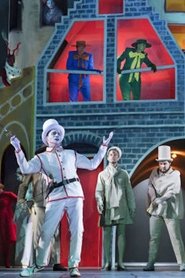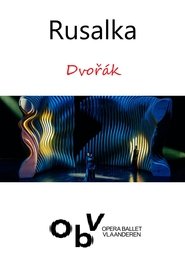detail profile daniel arnaldos

Info Pribadi
Peran Yang Di Mainkan Daniel Arnaldos
 Take a philandering and arrogant Count...
Take a philandering and arrogant Count...Le Nozze Di Figaro - Opera Ballet Vlaanderen 2023
Take a philandering and arrogant Count who is no match for his wily servant Figaro and his soon-to-be-wife Susanna, as manipulative as she is charming. Add in one beautiful, disillusioned Countess and one irrepressible, testosterone-laden teenage boy Cherubino. Mix with the genius of Mozart and you have one of the most perfect operas ever written.
 Reduced to poverty by slander a...
Reduced to poverty by slander a...Der Schmied von Gent 2020
Reduced to poverty by slander, a blacksmith seals a pact with the devil for seven years of work and good living. When his time is up, he outwits the messengers of Hell, only to be turned away from the gates of heaven. It is a rare treat to discover an unknown opera, all the more so when opera houses are forced to remain closed. In Ersan Mondtag’s vivid, politically charged staging, Schreker’s ‘magic opera’ enchants as a colourful cocktail of musical influences ranging from reminisces of Kurt Weill to baroque counterpoint. Co-produced with Nationaltheater Mannheim.
 More than anything in the world...
More than anything in the world...Rusalka - Opera Ballet Vlaanderen 2020
More than anything in the world, Rusalka, a mysterious and elusive water nymph, yearns to become human to win the heart of a young prince. But this metamorphosis comes at a price: she will lose her voice and be damned forever should their love story fail. Rusalka, a lyrical fairy tale inspired by The Little Mermaid and Undine, is Dvořák’s penultimate work and one of his greatest successes. In Opera Ballet Vlaanderen’s production, Norwegian director and choreographer Alan Lucien Øyen adds a new dimension to this masterpiece of the Czech repertoire by representing the main characters on stage twice: by a singer and a dancer. This doubling reinforces the opera’s deeply dreamlike nature. The impressive South African soprano Pumeza Matshikiza embodies the character of Rusalka, while the Lithuanian conductor Giedré Šlekytė leads the orchestra with brio and intensity.

